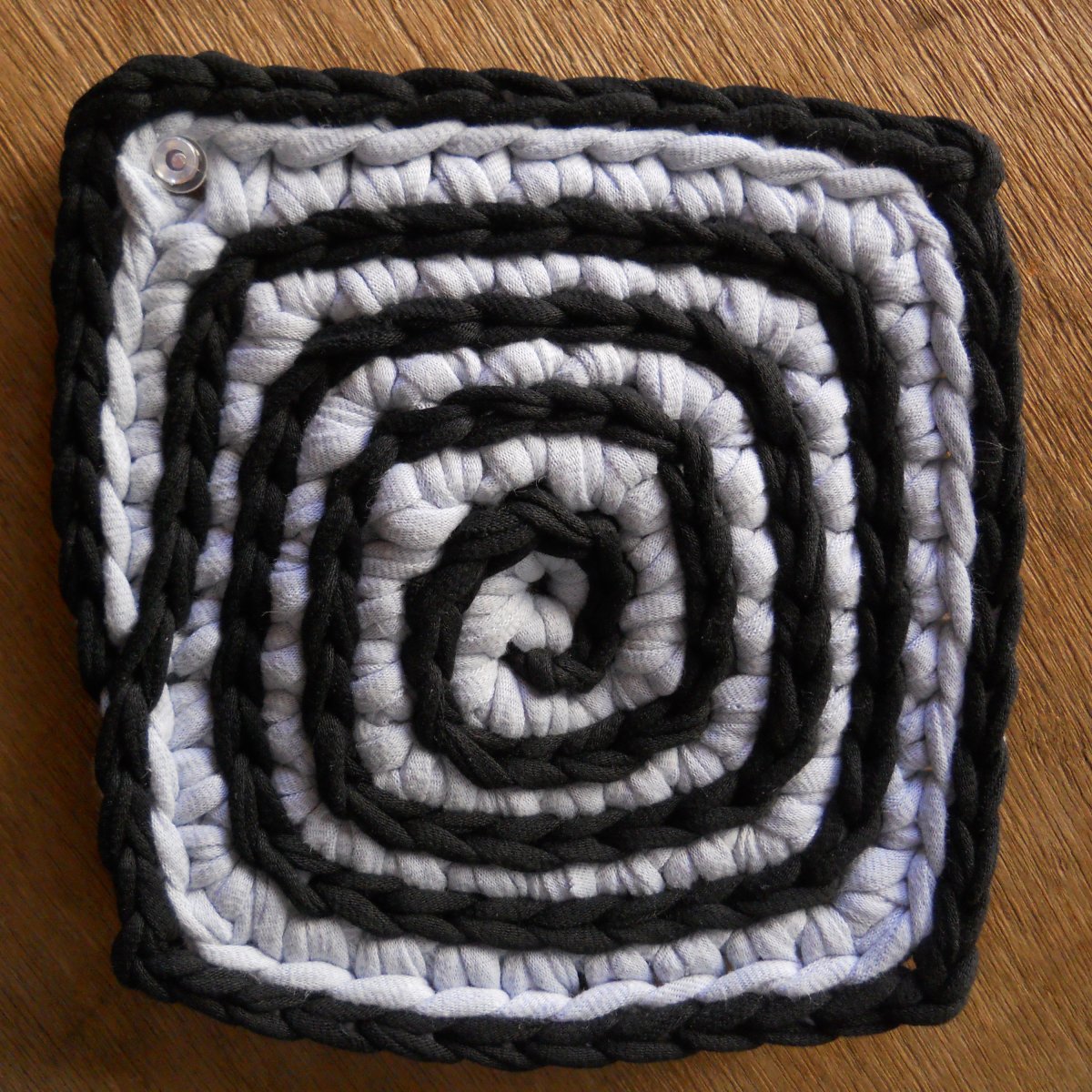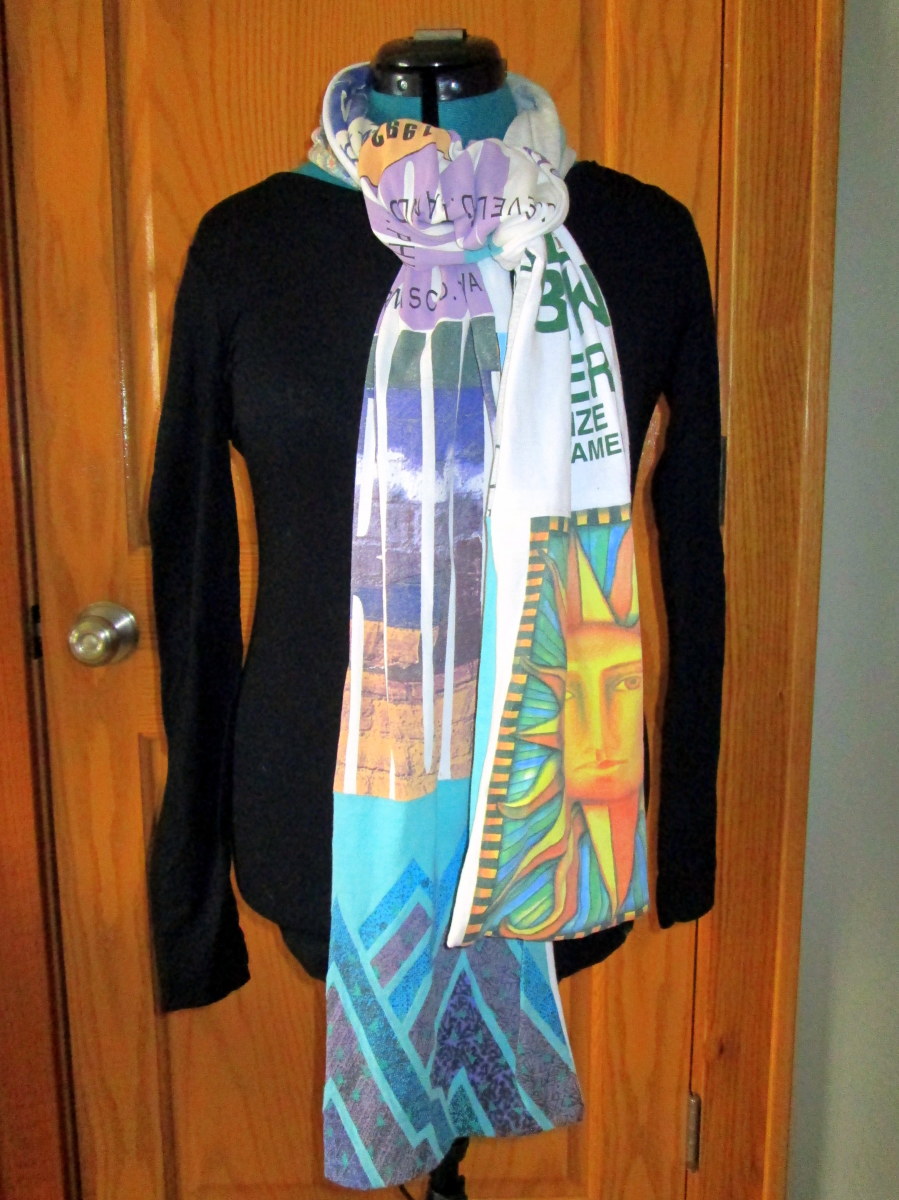The Survival Politics of Words

What Do You Call an Outsider?
Today the survival on earth of human life, or any life, depends upon our learning to work cooperatively on a global level. To do this, we need to overcome habits of perception and language that divide us.
Thinking us and them once had survival value. Throughout history there have been those who were surviving together and those who competed for food and shelter or even opposed one another’s survival. It was well to know who to trust. Terms which designated one of us and not one of us were helpful. But no more. It is now all of us working as a team. Sorry to have to tell you that. Possibly some of you were hoping to keep a few enemies or "others" around for entertainment.
The tendency to choose a word for "those who are not us" was brought home to me in a personal way while my husband and I lived in a community of spiritual hippies. It seemed harmless enough, among ourselves, to call the rest of the folks squares. But one day we were off The Farm in a grocery store. My little son pointed to the cashier and asked, “Mom, is that a square?” He didn’t even ask, “Is SHE a square?” Oops! We grownups had spoken of squares as if these others were not human! Time to straighten up and stop doing that. (The term squares came from the idea that one should live in round houses such as teepees or domes. We hippies were, after all, students of Buckminster Fuller and knew well his statement that the basic building unit is the triangle, not the square. The only way to make a square stable, he pointed out, was to add a cross piece corner to corner—and, behold, two triangles.)
The word hippie was itself originally a slur, afterward embraced by the group. In the 60s and 70s, "squares" thought "hippies" lacked morality and cleanliness, while "hippies" thought of squares as those who were lost in some sort of fog, blindly trusting big business and government. In other words, not hip. The word, taken from Black street culture, meant more than street wise. You were hip if you “got it” that you were living under white oppression and must be alert and trickier than the oppressor. Light-skinned young people in large numbers refused to accept entitlement or join the "system." One of our friends on The Farm was Jewish, with a halo of black curly hair. While he was working in town, he made friends with a couple of Black ladies. They knew about The Farm and its population of 1500. “You all don’t consider yourselves white folks, do you?” they asked. He said, “Naw, naw we don’t.”
The us/them habit is pervasive. Yuppies, or young urban professionals, have been the butt of jokes. My cousins who lived on the islands off the coast of Maine called us mainlanders. They pitied us our impoverished experience of life. Mountain people sometimes speak with disdain of flatlanders. We have known those who were labeled nerds, meaning social misfits. With video games and computers came the word geek, someone who knew a lot about computers, though, as with nerd and misfit, maybe not much about social living. Geek is now honored. If you have a computer problem, call a geek. A geek with social skills is highly sought for customer relations.
Throughout our history and in our literature, people have used names to designate others. As with squares, these terms often carried the connotation of unenlightened or unaware. In The Mists of Avalon, Marion Zimmer Bradley’s version of the King Arthur story, the wicca people of Avalon, who remembered having lived before, used the term once-born to denote lesser folks. In the Harry Potter books, people without magic in their blood-line are called muggles. The word Arapaho, according to James Mitchner in Centennial, means the people. The Arapaho, a tribe of the Colorado plains, must also have had a term or phrase for everyone else. In Hawaii, again according to Michener, the natives used the word hoalie, those who smell bad, for missionaries (who refused to wear less clothing in the heat of the tropics) and, then, for all Euro-Americans. Pagan, witch, and heathen were used as pejoratives by Christians, though both pagan and witch are now happily taken up by the groups themselves.
Perhaps the ultimate in terms for those who don't have a clue is couch potato, referring to people who are sitting around not caring about their condition. Yet, if we want others to help, we can’t be calling them put-down names. There is something a little bit shameful about calling people names. Such thinking is a luxury we cannot afford. When folks in sufficient numbers realize that survival depends on world-wide cooperation—that when, for example, there is no more clean water to drink, we will all be thirsty—there will be no more us and them. Even the oppressors, while they must be stopped, are only some of us.








